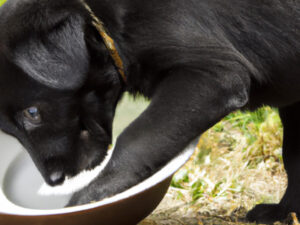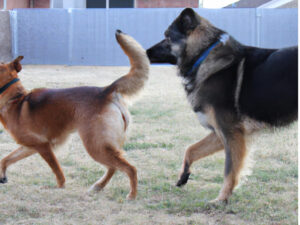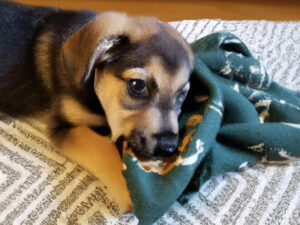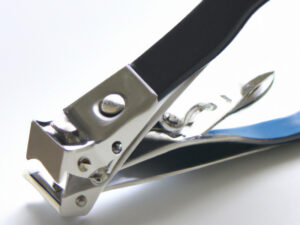Why Do Dogs Eat Bees?
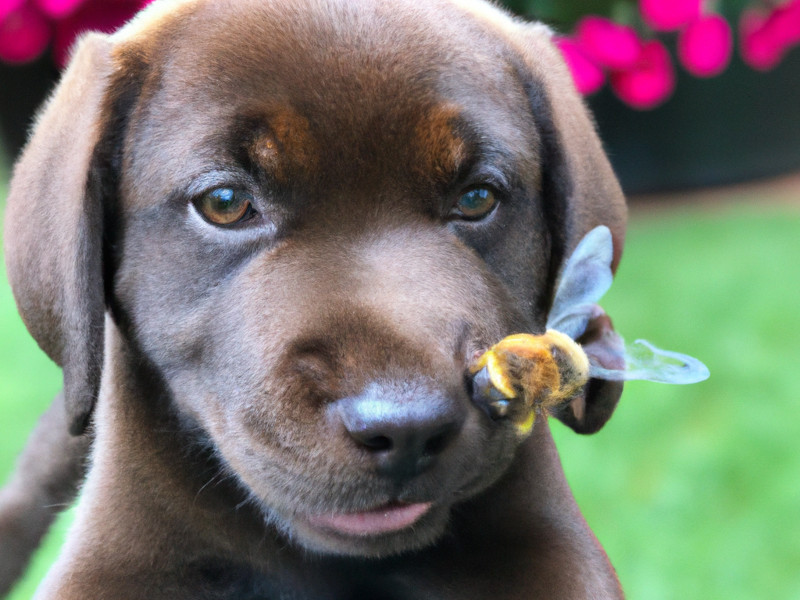
There are several reasons why your dog may try to eat bees. Ultimately, it comes down to their playful nature and natural instincts.
It’s probably safe to say that we’ve all seen funny images of a dog’s swollen face after they’ve eaten a bee. But have you ever wondered why they have that tendency? Let’s talk about it.
Reasons Your Dog Tries to Eat Bees
There are several reasons why your dog may try to eat bees. Ultimately, it comes down to their playful nature and natural instincts.
1. Movement
Dogs have natural hunting instincts, so when they see an animal or insect moving it may trigger their prey drive.
2. Enjoyment
It is common for dogs to have the desire to run and playfully explore the great outdoors. Sometimes dogs will chase bees because they think it is fun.
3. They’re Annoyed
If your dog is annoyed with a bee buzzing around them, they may just go ahead and eat it. It is also possible that your dog may snap at a bee to scare it off, but eat it by accident. Either way, your dog is probably just searching for some peace and quiet.
4. Curiosity
Similarly to human babies, dogs often explore their environment with their nose and mouth. If your dog has never encountered a bee before they may be curious about it. Unfortunately, when exploring a bee with your tongue, you’re probably going to end up with a bee sting.
5. Fear
It is possible that your dog is unsettled by the unpredictability that comes with flying insects. If your dog becomes aggressive towards the bee, the bee will probably become aggressive towards your dog. Your dog may eat the bee out of fear.
What To Do If Your Dog Eats a Bee
If your dog ends up eating and consequently getting stung by a bee, the first thing you should do is remain calm. If you know your dog is allergic to bees or is exhibiting symptoms of an allergic reaction, call your veterinarian immediately. Otherwise, carefully inspect their lips, nose, and mouth area for a stinger. If you find one, coax the stinger out with a credit card or something similar. Once the stinger is out, ice the affected area. Side effects of bee stings can include coughing, swelling, lethargy, vomiting, diarrhea, etc. If you become concerned with any of the symptoms your dog is displaying, contact a veterinarian.



